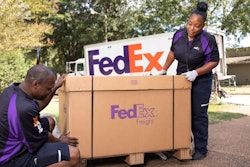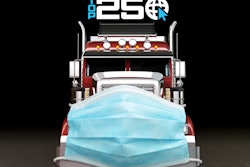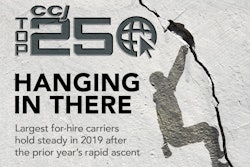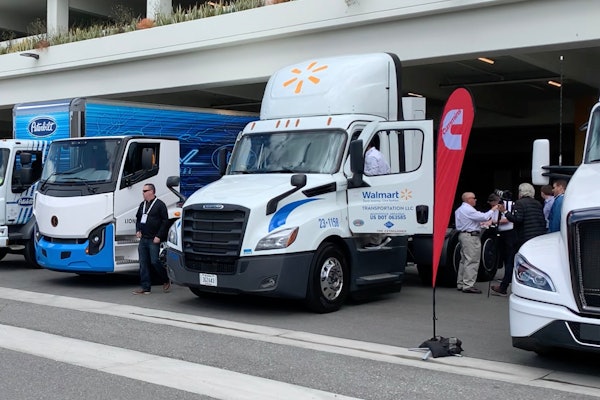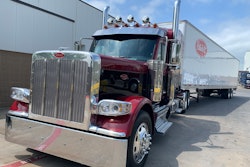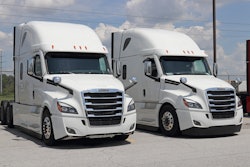The last 19 months have been mixed bag for auto haulers, with the pandemic hampering sales of new vehicles and the surge in demand that followed – coupled with a wide-spread component shortage – making new vehicles nearly impossible to find and sending used prices skyrocketing.
Half of the auto transport companies listed on CCJ's Top 250 lost ground from 2020 to 2021, falling by an average of almost 11 positions. Fleets that gained position moved up an average of nearly 5 spots.
United Road, the largest and most diversified finished vehicle logistics provider in North America, lost six spots over the last year despite the 2019 acquisition of Team Drive-Away (TDA), a non-asset-based commercial vehicle logistics provider and heavy-haul specialist, and its affiliates Driveaway USA and Fr8 Management. Asset count at the Plymouth, Michigan-based hauler dropped by about 700 tractors and trailers combined. Driver count was down about 266 from 2020 to 2021.
[Related: There's a new top dog in package delivery]
Hauling new and used vehicles has been a cycle of boom and bust as manufactures scale production when parts becomes available and ramp back down when supply re-tightens. In an effort to retain its drivers during the swings, United Road this year expanded its Guaranteed Pay Benefit to all company drivers. Drivers can earn more bi-weekly than the guaranteed pay levels, but the baseline offers peace of mind that comes with consistent pay.
“Retaining good, quality car-haulers has been a challenge and continues be a challenge. The COVID and supply chain issues have certainly created unforeseen challenges to which we are adjusting. The uneven and unproductive production schedules in the OEM sector and the record high pricing in the remarketed sector have caused inefficiency and inconsistent earnings for our car-haulers," said United Road president and CEO Mark Anderson. “We instituted a guaranteed pay program and a number of other strategic initiatives that have enabled us to slow the rate of driver attrition. That said, perhaps the bigger impact of these atypical issues has been on driver hiring and the growth of new drivers to the industry. Between the reduction of truck driving students and the limitations on classroom training, we believe the ability to hire and train new drivers is at a critical level.”
Jack Cooper, the second largest motor vehicle carrier and the largest carrier with a unionized workforce, climbed four spots. The Kansas City-based carrier picked up a couple handfuls of trucks, trailers and drivers in the last year, and was also certified as a Women’s Business Enterprise by the Women's Business Enterprise National Council. Quite a comeback story for a company that exited Chapter 11 bankruptcy proceedings in late 2019.

